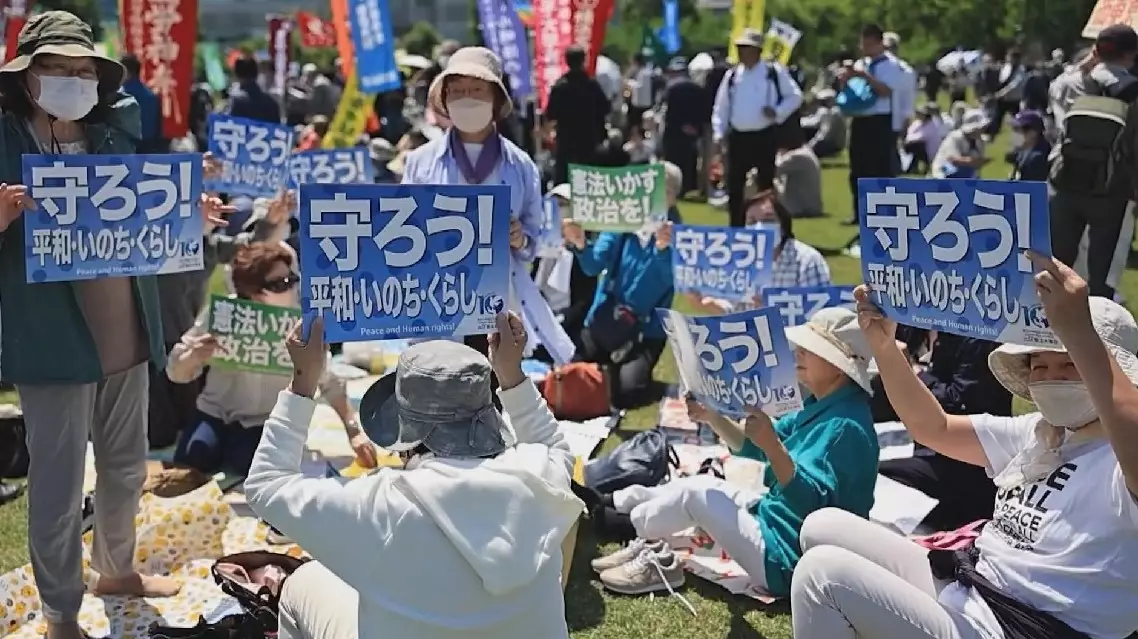Hungarian Minister of Foreign Affairs and Trade Peter Szijjarto Wednesday dismissed the accusation that there is "overcapacity" in China's electric vehicle (EV) industry, saying it is merely a political and ideological statement.
In an interview with China Media Group (CMG) in Beijing, Szijjarto said that the EV industry is still a burgeoning industry and there is a big demand for EV products globally, so the U.S. hype about the so-called "overcapacity" in China's EV sector is far from reality.
"Overcapacity doesn't exist. This is a new industry. This industry is in the making. So, there is a big demand for new electric cars. By 2030, there should be 45 million electric cars driving on the roads of the world. Now we have ten million. Yeah, very far from that. And it's only six years to go, and you know it's very close. Therefore, overcapacity doesn't exist. Lack of capacity does exist. We would need much more capacity to boost this industry. Therefore, speaking about overcapacity is something which is very, very, very far away of reality. And it's just political, ideological statement," said Szijjarto.

Hungarian FM dismisses "overcapacity" allegation in China's EV sector
Over 32,000 Japanese people on Friday rallied at a park in Tokyo, capital of Japan, calling for peace and protection of Japan's Constitution, including the war-renouncing Article 9, as the country marked the 77th anniversary of its pacifist post-war Constitution.
The protesters held placards to voice their opposition to the revision of the pacifist constitution and the military expansion, and called for safeguarding peace.
Article 9 of the Constitution renounces the nation's right to engage in war or to resort to military force to resolve international conflicts and stipulates that "land, sea, and air forces, as well as other war potential, will never be maintained".
However, in recent years, Japan has lifted the ban on the export of fighter jets to third countries, strengthened its military alliance with the United States, expanded its military, and forcibly acquires the "enemy base strike capabilities" by updating the "three security and defense-related documents". These actions have made more Japanese people feel uneasy.
"I believe that strengthening the military alliance with the United States will put Japan in danger. Japan has gradually increased its military spending and intends to export its lethal weapons overseas. This is a very dangerous move," said a protester.
"The Liberal Democratic Party has been proposing to revise the Constitution to include 'emergency clause' in it so as to pave the way for Japan to engage in war. That's what they're really trying to do with the constitution revision," said another protester.
Against the backdrop of the depreciation of the Japanese currency and price hikes, the Japanese government's decision to significantly increase the defense budget for 2024 has caused dissatisfaction and concerns among the Japanese people.
"The increase in military expenditure will impoverish the country and lower people's living standard, which I fear will lead to a national recession," said a demonstrator.

Japanese rally in Tokyo to defend pacifist Constitution, calling for peace










